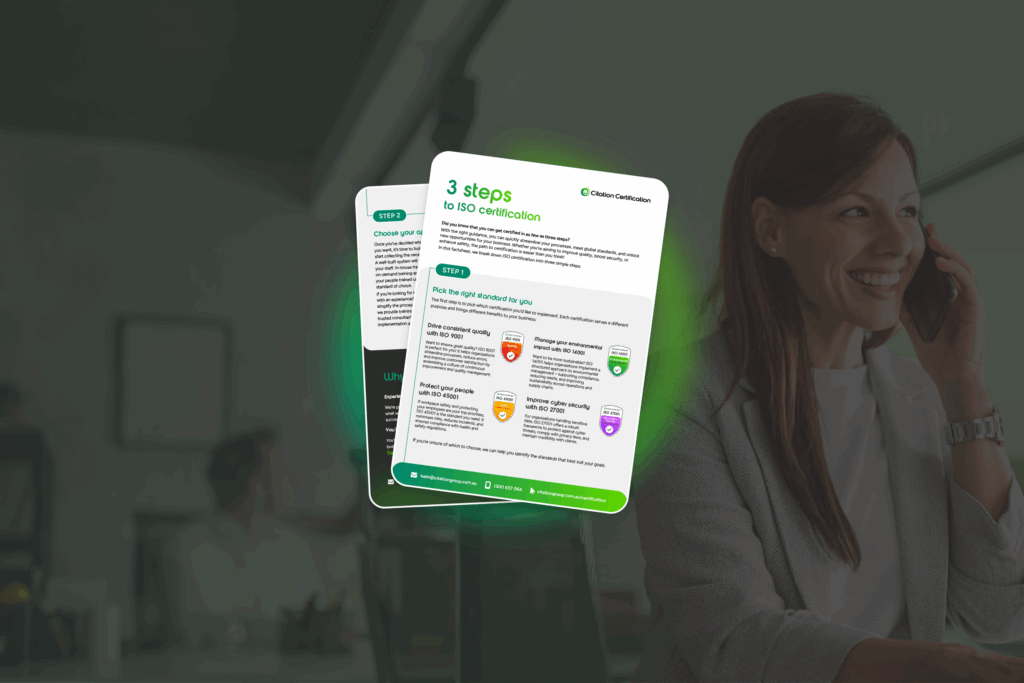
If you work in an office-based role, then staring at screens all day every day, whether they’re our computers, TVs, or phones, is unavoidable. Everything we’ve ever needed is available to us at the touch of a button, from our work emails to Tik Tok – but what happens when you’re faced with an employee who just won’t put down the phone?
Setting the ground rules and all-important boundaries
This might seem like an obvious step, but it can slip the mind of even the most seasoned HR professional. Whether or not you allow mobile phones to be used during working hours is up to you, but either way, we doubt that you wish to lose hours of productivity and wages to fund your employee’s addiction to social media. Putting in place a mobile phone policy will support setting some clear guidelines as to how mobile phones are to be used during work hours.
A watertight mobile phone policy outlines device usage during working hours, whether they’re required to be left in secure places like bags or lockers, and if they’re accessible periodically to identify emergencies, or permitted for a reasonable amount of personal use.
How strict you are with mobile phone use is entirely up to you as a business owner, however, you do have to consider that this decision will have significant impacts on your employee’s engagement within the workplace and specifically on their morale, productivity, and overall satisfaction. So, it’s wise to carefully think about what you’re trying to achieve and the best way to go about it.
Enforcement: rules are worth nothing if they’re not enforced
Having a policy in place isn’t enough; by itself, it’s just a collection of words and another document for your staff to read. A truly effective policy has two things in addition to the document itself: training and enforceability.
This means that you need to make all your employees aware of the policy’s existence and its content. An employee needs to have knowledge of, access to, and an understanding of the policy for you to be able to enforce it against them. Training is also an important step employers can take, it can be as simple as including it in part of the onboarding process, or as complex as regular policy training sessions. Whatever you decide, it depends on the size, nature, and industry of your business.
Now comes the enforcement. This doesn’t mean acting on every minor infringement with harsh consequences – it means responding proportionately, consistently, and fairly. Letting an employee ‘get away with it’ will only encourage further breaches, undermining your policy and its intentions. At the end of the day, policies are in place to protect the business and the employees, so encourage feedback and amend them when necessary.
And what about social media?
Social media use is a constant distraction and has become a key feature of our working lives and how we communicate. A social media policy is essential to protecting your company’s reputation, especially if employees list their place of employment on their profiles. On social media, lines between professional and personal networks can become blurred, so it’s a good idea to let employees know that how they behave on social media reflects on the business, and what may be the possible consequences of that behaviour.
HR policies are a simple way to ensure your business is well-equipped to handle common workplace issues. Inside of Citation HR’s software solution has all the above HR policies and more. Better yet, Citation HR’s Workplace Relations Specialists will draft tailored HR Policies to suit your unique business needs.








